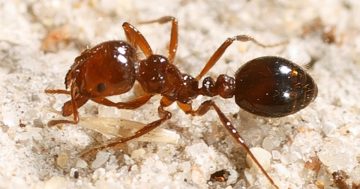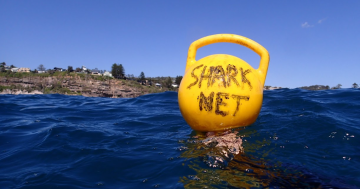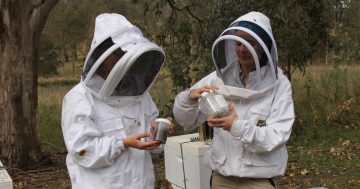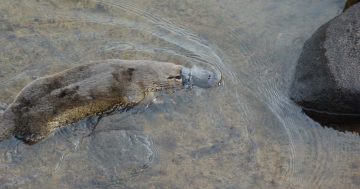 The Department of Primary Industries and Regional Development (DPIRD) says just 14 European Wasp nests were detected and destroyed in the 2020-21 season — the lowest number in 12 years.
The Department of Primary Industries and Regional Development (DPIRD) says just 14 European Wasp nests were detected and destroyed in the 2020-21 season — the lowest number in 12 years.
The Department said this was a major advance for its 44-year European Wasp Surveillance Program which aimed to prevent the wasp from establishing in Western Australia.
DPIRD said the program’s continued success was something that had never been achieved in any other Australian State or Territory.
“Establishment of the European Wasp would have a devastating impact on Western Australia,” it said.
“They have been known to disrupt whole ecosystems, invade beehives, ruin grape and stone fruit crops, and ruin outdoor lifestyles.
“Finding only 14 nests in 2020-21 was an incredible outcome for the Program, which faced its greatest challenge in 2018-19 when the season ended with 166 nests detected.”
DPIRD said all of the recent 14 nests were new wasp incursions, meaning the Department had managed to find and kill every nest in 2019-20.
“Without detection and control, one European wasp nest can, in the next season, lead to 10 new nests,” it said.
It said that, in the past three years, the Department had deployed more than 3,000 surveillance traps each season and surveillance staff traversed thousands of hectares.
The Department said finding nests involved trekking and four wheel-driving through thick bushland and rough terrain to locate hidden underground nests with entrances the size of a 20c piece.
“Additionally, when the wasps started moving into unsurpassable bushland areas, which would have made it impossible to find and destroy nests, the Department piloted a baiting program,” it said.
“The program posed negligible risk to non-target species but had a huge impact on the European Wasp population.”
The Department said, however, the campaign was far from over.
“European Wasp queens will continue to arrive in WA during the warmer months from the Eastern States, mainly on vehicles and freight, and will continue to seed new nests,” it said.
“However, with a strong and effective surveillance program, the Department will continue to ensure the ongoing detection and eradication of new incursions across WA,” DPIRD said.










